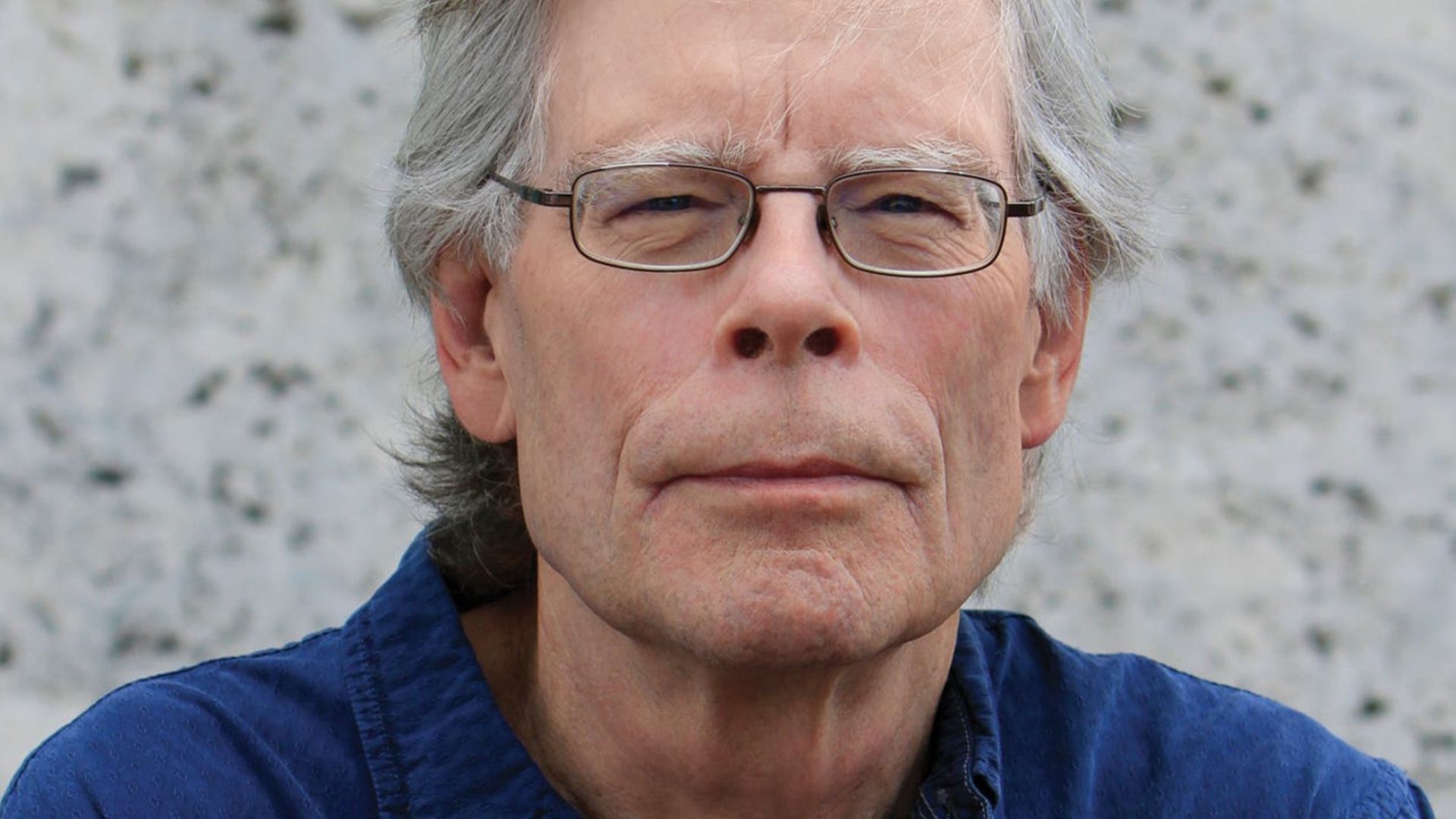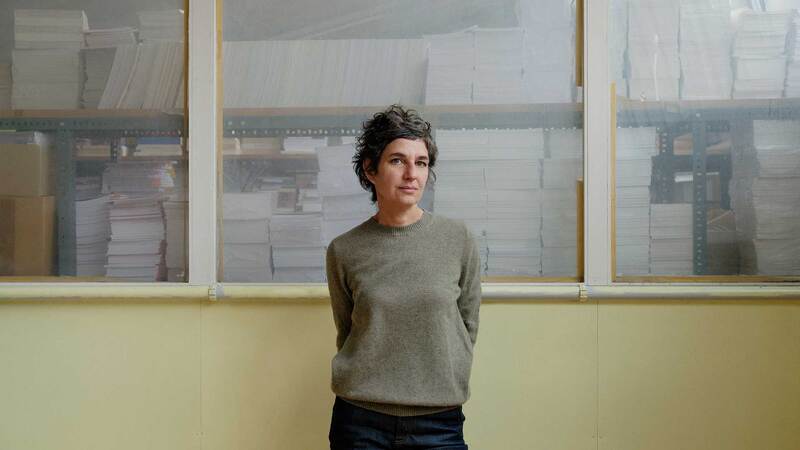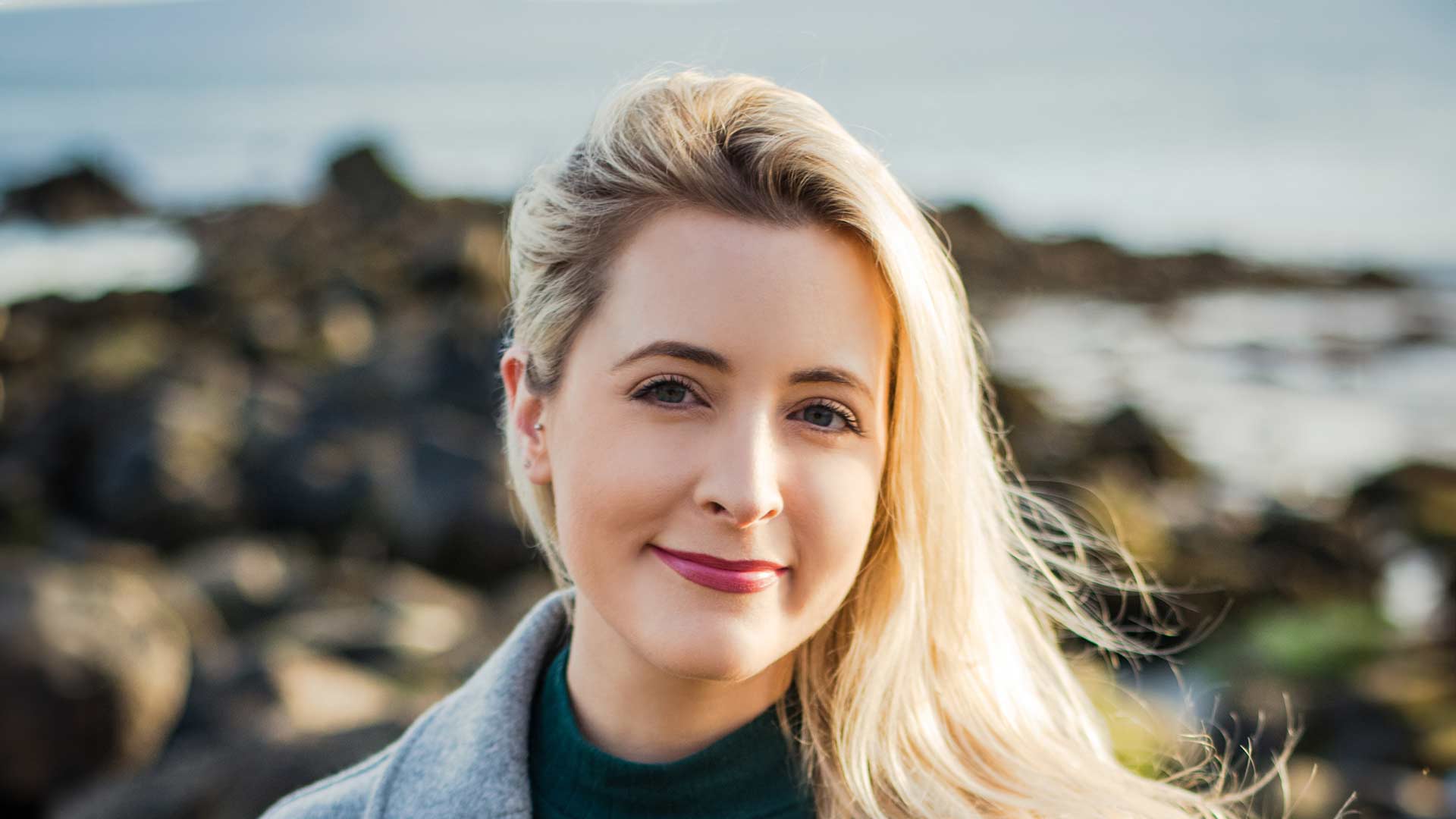You are viewing your 1 free article this month. Login to read more articles.
Stephen King brands PRH and S&S merger 'bad for competition' in trial over $2.2bn deal
Stephen King has backed the US Department of Justice’s argument that Penguin Random House owner Bertelsmann should not be allowed to complete its proposed $2.2bn deal for Simon & Schuster (S&S), calling consolidation "bad for competition".
The acclaimed horror novelist, who is published by S&S in the US, testified on the second day of the antitrust trial that is taking place in Washington. Introducing himself as a "freelance writer", he said it was becoming "tougher and tougher for writers to find enough money to live on".
He added: “I think that consolidation is bad for competition, that’s my understanding of the book business."
He also contested PRH’s claims that S&S and PRH imprints would bid on books at auction separately if the merger went ahead, calling the idea "a little bit ridiculous".
"You might as well say you’re going to have a husband and wife bidding against each other for the same house," he said.
When King was starting out as a writer in the 1970s, he said there were many smaller publishers and imprints in the industry, but far fewer today, the New York Times reported. “When I started there were hundreds of imprints, started by people with idiosyncratic interests,” he explained. He said fewer imprints meant competition has decreased, resulting in lower advances for authors who have yet to make their name.
Commenting on his first books, which included Carrie and The Shining, he said he had received a combined $10,000 in advances. He has since gone on to be a successful writer, and has had the financial security to publish with smaller independent publishers, including Hard Case Crime — a decision he made to see the imprints survive, he said. The defendants’ lawyers declined to cross-examine King.
Later in the day, Simon & Schuster c.e.o. Jonathan Karp took the stand and sought to stress the amount of competition that exists in the US outside the “Big Five”, raising Amazon’s book publishing as an example of a growing rival. “I think there are a lot of good publishers all over the country. It’s not all about us,” Karp said.
During his questioning, the court heard a message Karp had sent to author John Irving about the prospect of PRH taking over the company in which he predicted the US government would seek to block it. He wrote: “I’m pretty sure the Department of Justice wouldn’t allow Penguin Random House to buy us, but that’s assuming we still have a Department of Justice.”
The Department of Justice case focuses on claims the merger will drive down advances, particularly those by authors who would earn $250,000 or more. Karp was challenged by Judge Florence Pan on whether greater competition led to larger advances for authors who are guaranteed a large financial return, according to Publishers Lunch. He suggested that publicity and the effort put into marketing campaigns and sales do not vary by advance level.
Pan queried whether a "million dollar" advance book would be marketed harder than an "average run of the mill" one, to which Karp admitted those books were definitely marketed "quite arduously".
“You’re saying there’s no correlation between the books and the read that you’ve paid more for the book and the read that you’re going to promote," she said. Karp answered: “I certainly think that when we’ve paid a lot for a book, everybody knows that there’s extra pressure on us to earn it back".
Pan also questioned Karp about pre-empts and auctions, enquiring whether a publisher’s bid is likely to be higher if more publishers are interested in the title. “[At a] pre-empt or a best bids auction, isn’t your bid going to be higher if you perceive that there are more bidders or more competition out there?" she said. She followed this up with: “In any kind of competitive situation you’re going to bid higher if you think there’s more competition, more people in the pool?”
Karp responded: "I think that does colour our thinking to some extent. But I also think that when you want it, it doesn’t matter how many people are competing against you.”
The judge concluded: “It does seem that throughout this trial, there’s this sort of sense — competition raises advance levels, less competition lowers them, and that’s consistent with the idea that anytime there’s a competitive situation, whether it’s a round robin or any other type, you’re going to try harder because you might have to bid more in order to win, because more people are in it, the bids are probably going to be higher.”
The ongoing trial is scheduled to last for up to three weeks.



















